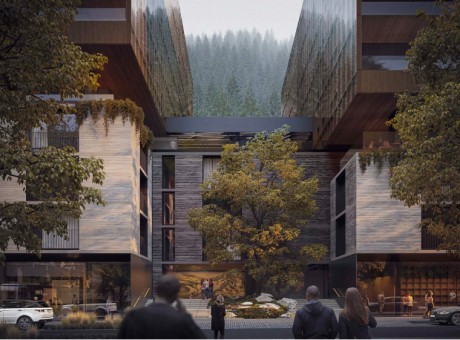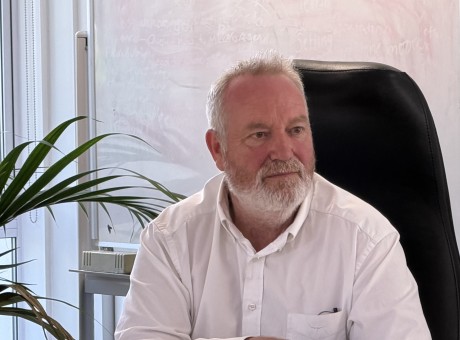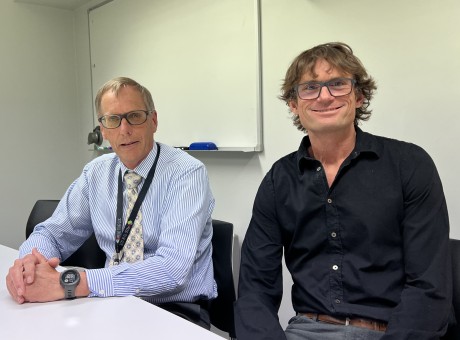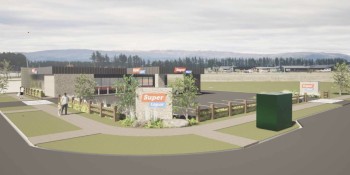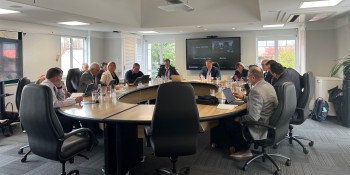South should 'do basics well' as second wave of Covid cases hits
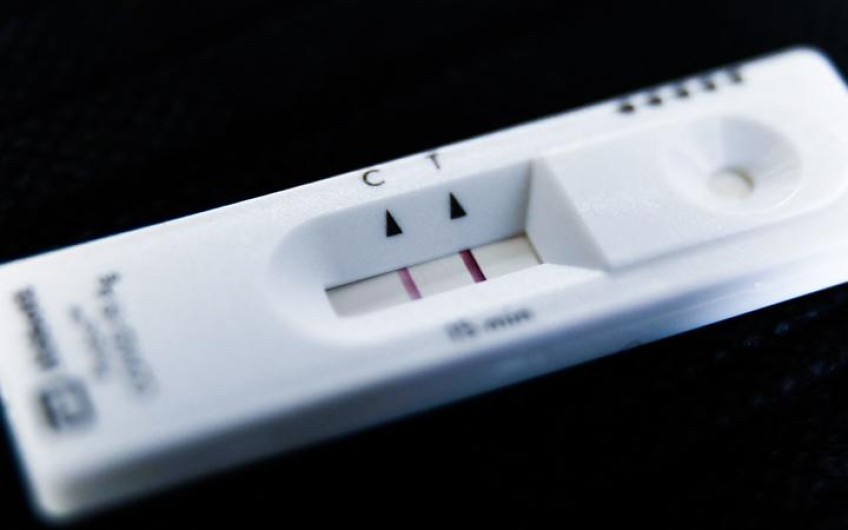
While borders are open and school holidays are here, Southern Health authorities are urging people to remember that Covid-19 is still in Southern communities and cases are on the rise once again.
As predicted earlier in the year, communities across the region are currently seeing a second wave of Covid-19 cases, WellSouth says.
In a media statement today, the health provider says it's coming into the peak of the flu season, and Covid-19 case numbers are rising once again, and are likely to stay high for the next couple of months.
"We want to take this opportunity to remind people how to protect themselves and their whānau against Covid-19 and ensure the community is well prepared for this second wave," the statement says.
Medical director Dr Carol Atmore says Southerners all need to keep doing the basics well.
“We are all wishing that Covid was over, but the reality is that it is still with us, and the winter colds and the flu are here as well.
"So, we all need to keep doing the basics well - get immunised for Covid and influenza, keep wearing masks indoors, sanitise our hands, and stay home if we are sick.
"This is the best way to keep ourselves, our family and friends, and our communities as healthy as possible over the next couple of months.”
Mask wearing is noticeably on the decline, yet WellSouth says they're an important defence against the virus.
"Particularly indoors, in places with poor ventilation, or where physical distancing is difficult," the statement says.
Hand sanitiser or frequent hand washing is another no-brainer health measure, according to WellSouth.
In addition, the health authority is advising Southerners to get themselves fully vaccinated, and that includes a boost.
"Boosted gives you the best protection against Covid-19 and can often mean if you do test positive you will only experience mild symptoms."
All Covid vaccinations are free.
"So, check if you are up to date for your Covid vaccinations for you and your family, as new recommendations have been made recently," the statement says.
"Everyone aged five and over can receive two doses of the vaccine. A booster is available six months after the primary course for those aged 16 or 17, and three months after for those aged 18 or over.
"A second booster was recently introduced for those at high risk of severe illness, anyone aged 50 and over, and health and disability workers over the age of 30.
"If you are 16 or older and are eligible for the free flu immunisation you are probably eligible for the second Covid booster – talk to your general practice team if you are unsure."
People must wait at least six months between your first and second booster shot, the authority says.
"If you have had Covid, you should still have the booster, as it will protect you further, and you need to wait three months after you have tested positive before you have any Covid vaccination shots."
Need a vaccination:
Check what is available where you live at the Book My Vaccine website, contact your GP, or head to the walk-in clinics at:
- Unichem Remarkables Pharmacy on Hawthorne Drive.
- Antidote Cromwell in The Mall.
Wanaka Medical Centre on Cardrona Valley Road.
WellSouth's tips on what to do if you get sick:
- If you do get sick, be prepared in advance. It is important to be prepared in the event you must self-isolate.
- You should ensure you have a good supply of food, water, and hygiene products like soap and toilet paper.
- Ensure you have a supply of any medication you take regularly, along with medicine to manage your symptoms like paracetamol and cough lozenges.
- If you become unwell, it is important that you stay home and test, even if your symptoms are only mild. If the test comes back negative, you should stay home until you are symptom-free, so we do not spread other winter illnesses.
- If the test comes back positive you are required to self-isolate for seven days. If a member of your household tests positive for Covid, you must isolate at home for 7 days and get tested (Day three and Day seven if you are asymptomatic, and immediately if you develop symptoms).
- RAT tests are provided free of charge to anyone with symptoms or who is a household contact of a Covid positive case, with local collection points available.
- When you complete a RAT test, you should report both positive and negative results via MyCovid Record or by calling 0800 222 478 and choosing option three. This helps monitor the size of Omicron’s spread and ensures you have access to appropriate care and support if you test positive.






